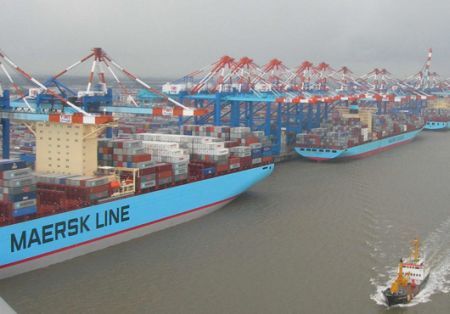
The group had hoped to form the so-called P3 Alliance in order to boost the number of sailings on Asia-Europe, trans-Pacific and transatlantic routes by pooling 250 ships.
Commenting on the collapse of the proposal, Global Shipper’s Forum’s Secretary General Chris Welsh said: “The unprecedented size and scale that the proposed P3 Global Alliance was going to pose to competition regulators was a concern to the GSF.
We had welcomed the recent monitoring arrangements for the proposals, but the P3 appears to have failed the legal hurdles under Chinese competition law which we always recognised was likely to be both an unknown factor and problematic.”
The GSF had raised its concerns on a number of occasions, stating that the agreement raises the potential for restrictions on competition arising from the unprecedented extent of commonality of costs resulting from the P3, including the potential risk of collusion on rates and capacity, due to the wide-ranging scope of co-operation specified within the agreement.
The GSF had called on international regulators to fully investigate the impact on price and service of the P3, and had asked for appropriate changes to ease competition concerns, outlining how the Alliance would “fundamentally change the structure of container shipping markets”.
Blocking of the P3 Global Alliance by China was applauded by shippers from India and several other countries.
The alliance was seen as a potential threat to small and medium-sized shipping companies, saying that it would kill off the competitive aspect of the shipping market.
We use cookies to improve your experience. By continuing to use our site, you accept our Cookies, Privacy Policy,Terms and Conditions. Close X